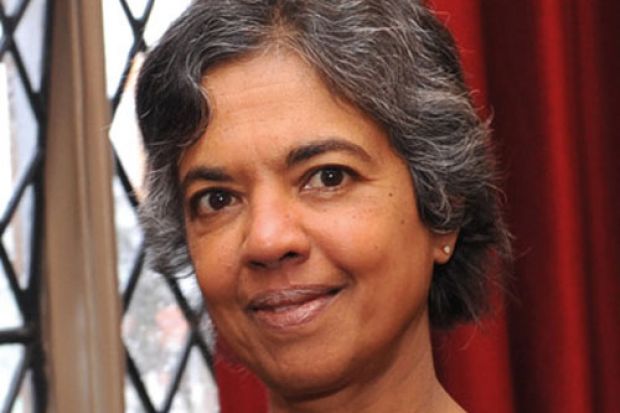Leverhulme Trust
Research Project Grants
Sciences
- Award winner: Tim Albrecht
- Institution: Imperial College London
- Value: £507,855
Ringtronics: single-molecule circuitry for electronics and spintronics
- Award winner: Andrew Ellis
- Institution: University of Leicester
- Value: £122,734
Freezing complexes in helium nano-droplets: a unique tool for chemical dynamics
- Award winner: Chris Oliver
- Institution: University of Birmingham
- Value: £206,184
Social cognition and its relation to social development in neurodevelopmental disorders
- Award winner: Pauline Schaap
- Institution: University of Dundee
- Value: £184,308
Regulation of eukaryote sessility by diguanylate cyclase
Social sciences
- Award winner: Harriet Evans
- Institution: University of Westminster
- Value: £201,712
Conflicts in cultural value: localities and heritage in Southwestern China
Economic and Social Research Council
Future Research Leaders Scheme
- Award winner: Katherine Smith
- Institution: University of Edinburgh
- Value: £172,556
A risky business? The politics of knowledge transfer in public health
- Award winner: Laura Coroneo
- Institution: University of York
- Value: £159,992
Modelling government bonds: macroeconomic, financial and international linkages
- Award winner: Leendert (Anne) ter Wal
- Institution: Imperial College London
- Value: £161,514
Strategic networking: how highly skilled professionals can best use their networks to drive innovation
- Award winner: Richard Ramsey
- Institution: Bangor University
- Value: £173,468
When bodies and traits collide: investigating a “Who” system for social cognition
National Institute for Health Research
Health Technology Assessment Programme
- Award winner: Jon Dorling
- Institution: Nottingham University Hospitals NHS Trust
- Value: £2,723,826
Speed of increasing milk feeds trial (Sift)
- Award winner: Nicholas A. Francis
- Institution: Cardiff University
- Value: £1,083,208
Ostrich: Oral steroids for resolution of otitis media with effusion (OME) in children
In detail
Award winner: Usha Chakravarthy
Institution: Queen’s University Belfast
Value: £435,500
Echoes: the effectiveness of community vs hospital eye service follow-up for patients with neovascular age-related macular degeneration with quiescent disease
The “wet”, or neovascular, form of age-related macular degeneration is currently treated with drugs that control the condition in about 90 per cent of sufferers. This trial will test ophthalmologists’ and optometrists’ ability to make correct decisions about the need for anti- VEGF treatment in patients with wet AMD. Participants will assess the need from pictures of the affected part of the eye with accompanying clinical data, created from information collected in a NIHR-funded national trial of the effectiveness of anti-VEGF drugs, to mimic the characteristics of patients judged to be eligible for follow-up in the community. The project will assess whether participants’ judgements tally with independent grading of the pictures and expert medical opinion.
Register to continue
Why register?
- Registration is free and only takes a moment
- Once registered, you can read 3 articles a month
- Sign up for our newsletter
Subscribe
Or subscribe for unlimited access to:
- Unlimited access to news, views, insights & reviews
- Digital editions
- Digital access to THE’s university and college rankings analysis
Already registered or a current subscriber? Login
